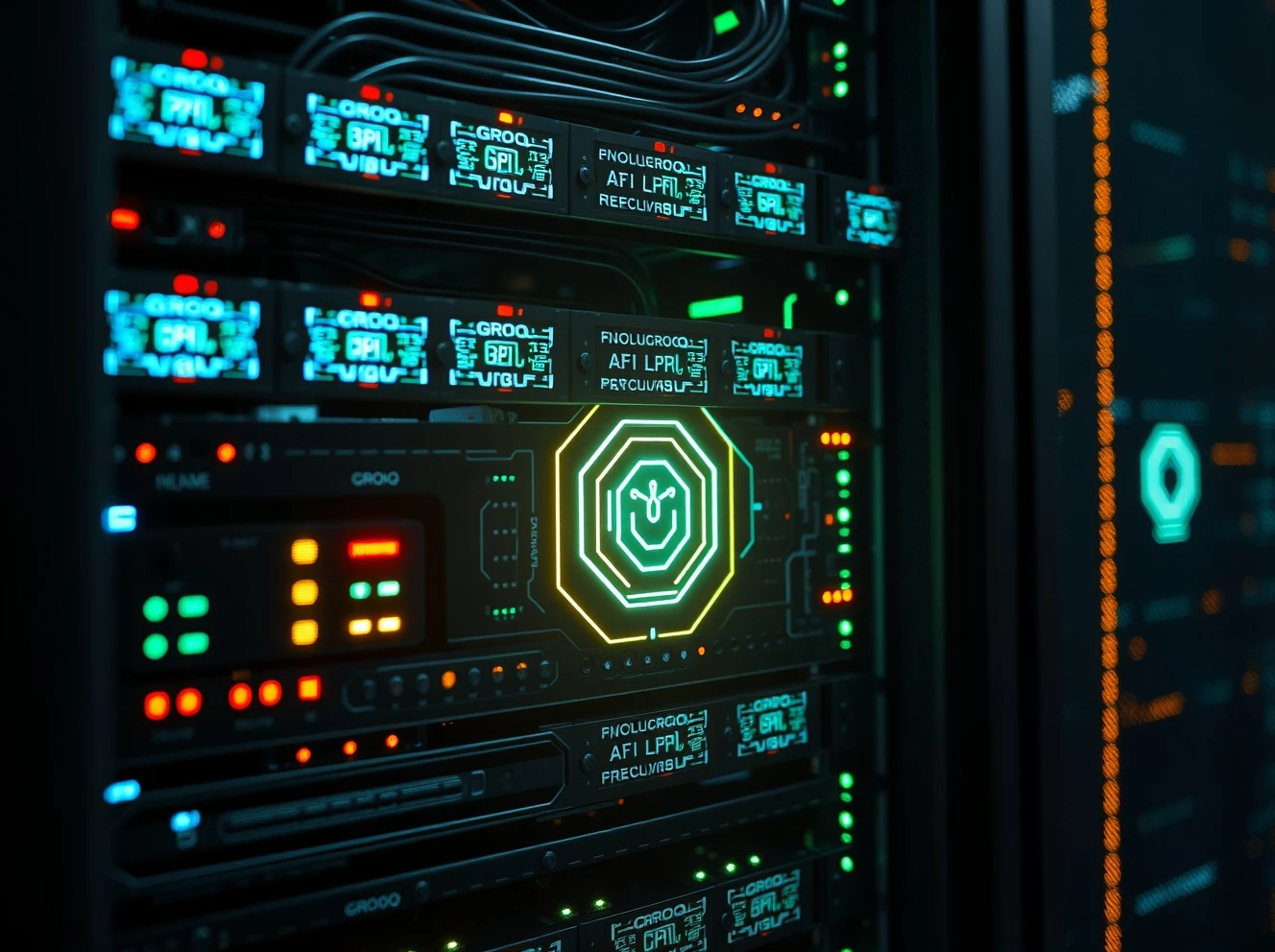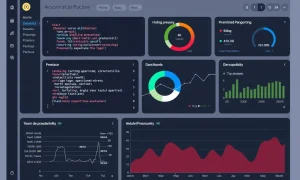In a stunning development that signals major shifts in the artificial intelligence hardware landscape, Groq has secured a monumental $750 million funding round at a $6.9 billion valuation, significantly exceeding earlier expectations and positioning itself as a serious challenger to Nvidia’s AI chip dominance.
Groq AI Chip Technology Breakthrough
Groq’s innovative approach centers on its unique LPU (Language Processing Unit) architecture, which fundamentally differs from traditional GPU technology. Consequently, these specialized processors serve as inference engines optimized specifically for running AI models with exceptional speed and efficiency. Moreover, the company’s hardware-software integration delivers superior performance at significantly lower costs compared to conventional alternatives.
Record-Breaking Funding Achievement
The $750 million investment represents a substantial increase from the initially rumored $600 million target. Additionally, this funding round more than doubles Groq’s valuation from just one year ago, when the company raised $640 million at a $2.8 billion valuation in August 2024. Furthermore, PitchBook estimates indicate that Groq has now raised over $3 billion in total funding to date.
Investment Consortium and Strategic Backing
Disruptive led this groundbreaking funding round with significant participation from several major institutional investors. Specifically, BlackRock, Neuberger Berman, and Deutsche Telekom Capital Partners joined as new investors. Meanwhile, existing supporters including Samsung, Cisco, D1, and Altimeter also increased their commitments, demonstrating strong confidence in Groq’s technology roadmap.
Groq AI Chip Market Position and Competitive Advantage
Groq strategically targets the inference market rather than training, which differentiates its approach from Nvidia’s GPU-focused strategy. The company offers both cloud services and on-premises hardware solutions, providing flexibility for enterprise customers. Importantly, Groq’s systems run open versions of popular AI models from leading organizations including:
- Meta’s AI models
- DeepSeek and Qwen architectures
- Mistral AI systems
- Google’s AI technologies
- OpenAI compatible models
Founder Expertise and Technical Pedigree
Jonathan Ross, Groq’s founder, brings exceptional credentials to the company’s mission. Previously, he worked at Google developing the Tensor Processing Unit (TPU), which continues to power Google Cloud’s AI services today. Interestingly, Google announced TPUs in 2016, the same year Groq emerged from stealth mode, highlighting Ross’s continuous innovation in specialized AI processors.
Market Traction and Developer Adoption
Groq has demonstrated remarkable growth in developer adoption over the past year. Currently, the company powers AI applications for more than 2 million developers, representing a substantial increase from the 356,000 developers reported just twelve months ago. This rapid adoption underscores the market’s appetite for alternatives to traditional GPU-based AI solutions.
Industry Implications and Future Outlook
This massive funding round signals growing investor confidence in specialized AI hardware beyond conventional GPU architectures. As AI workloads continue to evolve, specialized processors like Groq’s LPUs may capture significant market share from general-purpose GPUs. The company’s progress suggests that the AI hardware market is entering a new phase of innovation and competition.
Frequently Asked Questions
What makes Groq’s AI chips different from Nvidia’s GPUs?
Groq’s LPUs (Language Processing Units) are specialized inference engines designed specifically for running AI models, while Nvidia’s GPUs are general-purpose graphics processors adapted for AI workloads. This specialization allows Groq chips to deliver better performance and efficiency for inference tasks.
How much total funding has Groq raised to date?
According to PitchBook estimates, Groq has raised over $3 billion in total funding across multiple rounds, including the recent $750 million investment at a $6.9 billion valuation.
What types of AI models can run on Groq’s hardware?
Groq’s systems support open versions of popular AI models from major providers including Meta, DeepSeek, Qwen, Mistral, Google, and OpenAI, offering flexibility for developers and enterprises.
Who led Groq’s latest funding round?
Investment firm Disruptive led the $750 million funding round, with participation from new investors including BlackRock, Neuberger Berman, and Deutsche Telekom Capital Partners, along with existing investors.
What is Groq’s current developer adoption rate?
Groq currently powers AI applications for more than 2 million developers, showing significant growth from 356,000 developers reported one year ago, indicating rapid market adoption.
Does Groq offer both cloud and on-premises solutions?
Yes, Groq provides flexible deployment options including cloud services and on-premises hardware clusters, allowing enterprises to choose the solution that best meets their specific requirements and infrastructure needs.








